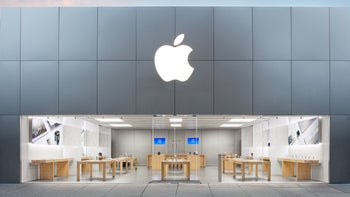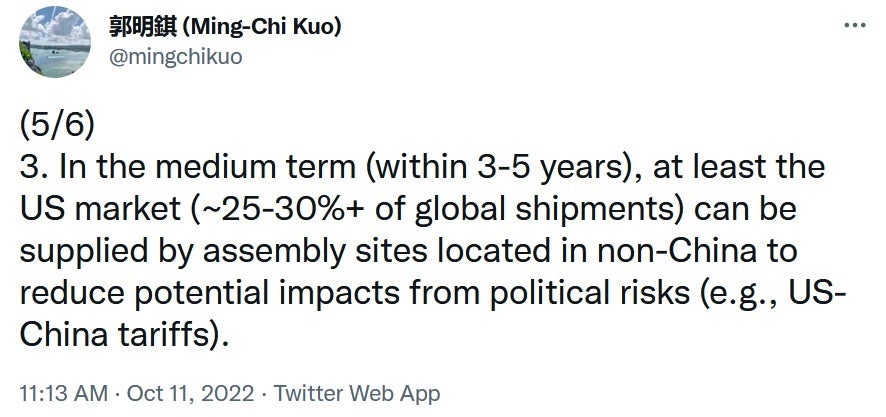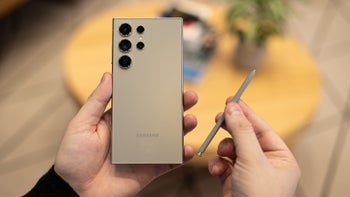Top analyst tells us when Apple will stop shipping devices to the U.S. from China

TF International analyst Ming-Chi Kuo turned to his Twitter account to reveal his thoughts on how Apple will eventually reduce its reliance on contract manufacturing facilities in China. While Apple has been producing some iPhone 14 units in India, 80% of the iOS handsets produced by Foxconn in that country are for domestic demand. After all, India has an import tax that would raise the price of iPhone units imported into the country.
But Kuo says that Apple plans to have India's Tata Group and contract manufacturers Pegatron or Wistron help increase the percentage of iPhone units made outside of China. Kuo says that while all MacBook production is currently assembled in China, the main non-China production site for the product in the future, according to Kuo, will be Thailand.
Kuo says that in 3 to 5 years, Apple could ship all of its products to the states from non-Chinese assembly plants
Whether Apple's U.S. customers will be excited by this next bit of news isn't certain, but from a political standpoint, this could be a big deal. Kuo predicts that within 3 to 5 years all of Apple's shipments to the states could come from non-China-based assembly facilities. In case you were wondering, Kuo says that the U.S. makes up approximately 25% to 30% of the Cupertino-based tech giant's global shipments.

Reliable analyst Ming-Chi Kuo says Apple could supply the U.S. from facilities outside China in three to five years
If Kuo is correct, this will protect Apple from U.S. Tariffs on Chinese imports which are nothing more than an import tax paid by U.S. companies or their customers (in the form of a price hike). Eventually (what Kuo calls the "long term"), Apple will supply its devices globally from non-Chinese manufacturing facilities except for consumers living in China. The latter will be supplied by Apple products that roll off of the assembly line in China.
Sounds like a plan but the question is, can it be done? Now with Kuo's track record, you have to imagine that whatever he says has a pretty good chance of coming true. So the bottom line is that Apple could be in good shape to continue producing its devices without fear of getting caught up in any escalation of the U.S.-China trade war.
This doesn't mean that everything will be copacetic. Apple still has to worry about what might happen if China invades Taiwan considering that Taiwan Semiconductor Manufacturing Company Ltd. (TSMC) builds the chips designed by Apple. TSMC is the largest foundry in the world and Apple is responsible for roughly 25% of its revenue. China is dying to be self-sufficient when it comes to chips and this still could be a major worry for Apple and the U.S. government in general.
Apple wants to avoid a repeat of the Chinese import tariff debacle of 2018-2019
Moving production of its devices out of China would be a start. Some of the locations reportedly being considered besides India include Mexico and Vietnam. There are two things that Apple must confirm before deciding on where to move its production facilities. Is there a supply chain that can deliver supplies in the quantity and quality that Apple desires? Is there a local workforce that can be counted on to man the assembly lines?
And of course, Apple's trusted contract manufacturers like Foxconn must have facilities in whatever country the company decides to move production to. Making such an important move will no doubt be stressful and it could come with a rather big price tag. But in the long run it would certainly be a good move for Apple. After all, it was only more than four and a half years ago that the U.S. placed tariffs on Chinese imports and that left Apple with a big decision.
Apple could eat the tax and lower its profit margins, or raise prices on impacted devices. While Apple did eat the tax on certain accessories and devices, the tier of products that included the iPhone never was included in the tariffs. Eventually the U.S. and China agreed on a deal that reduced the number of products from China being taxed. Under the terms of the deal, the U.S. said that China promised to buy more American goods although China denied that it had made that promise.










Things that are NOT allowed: